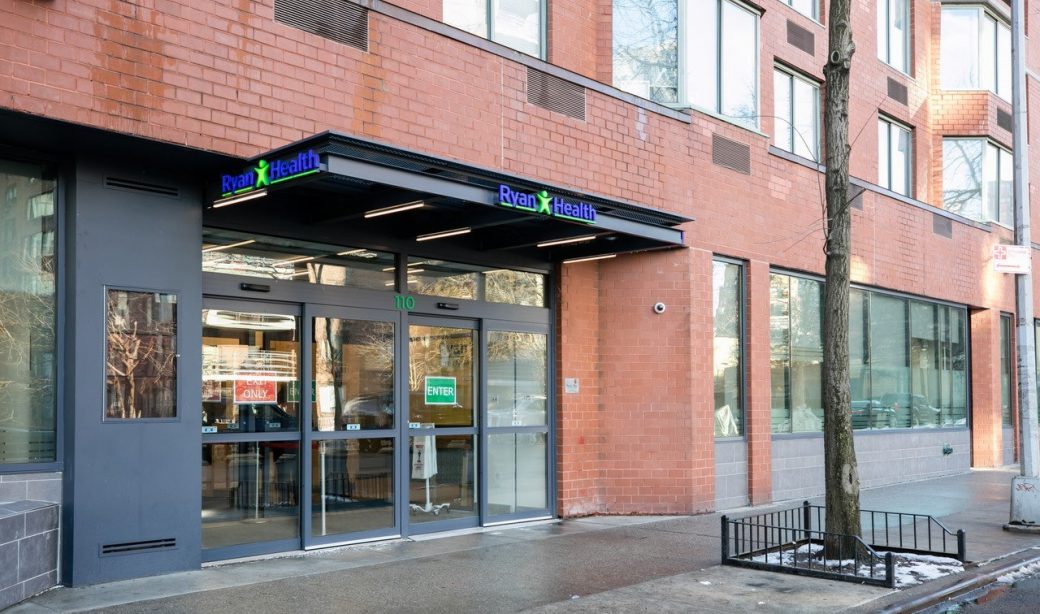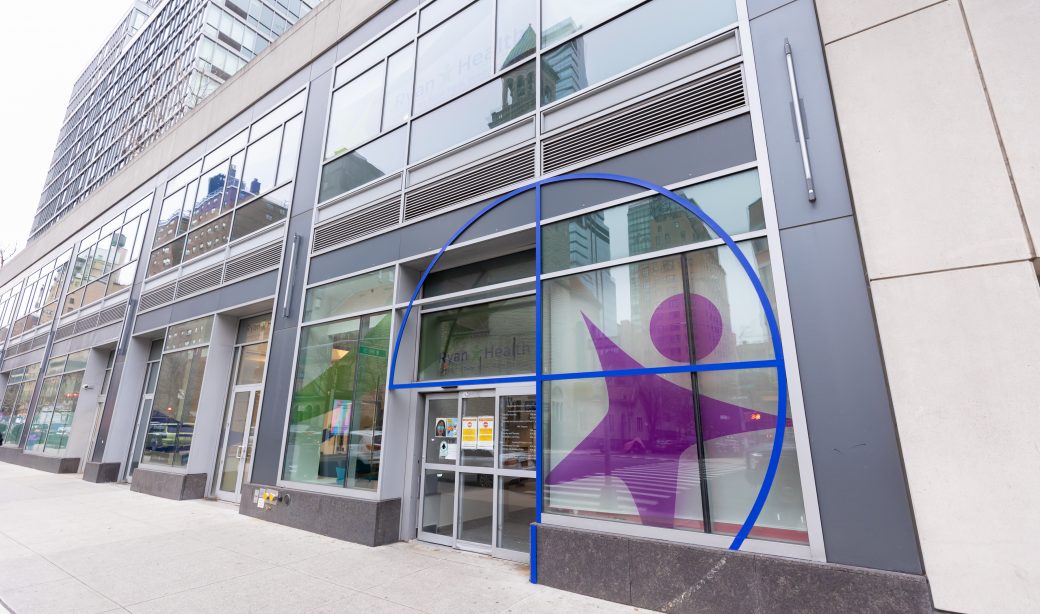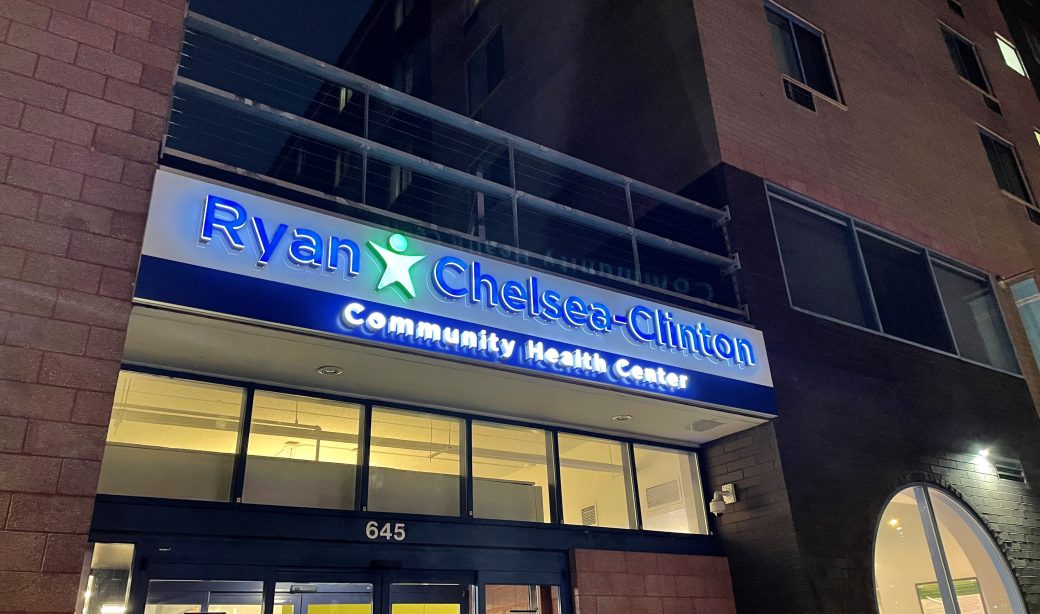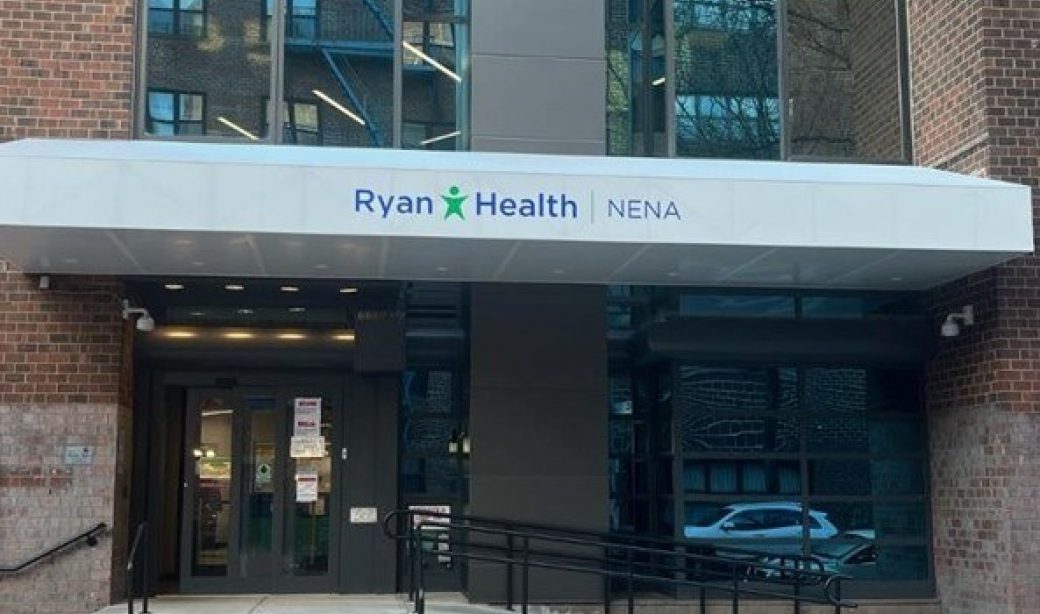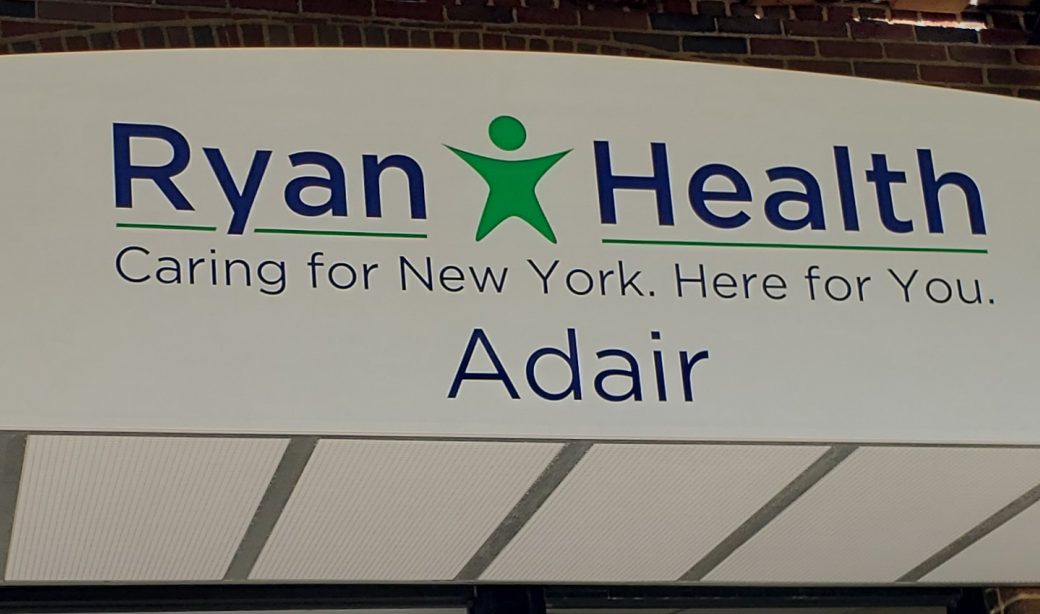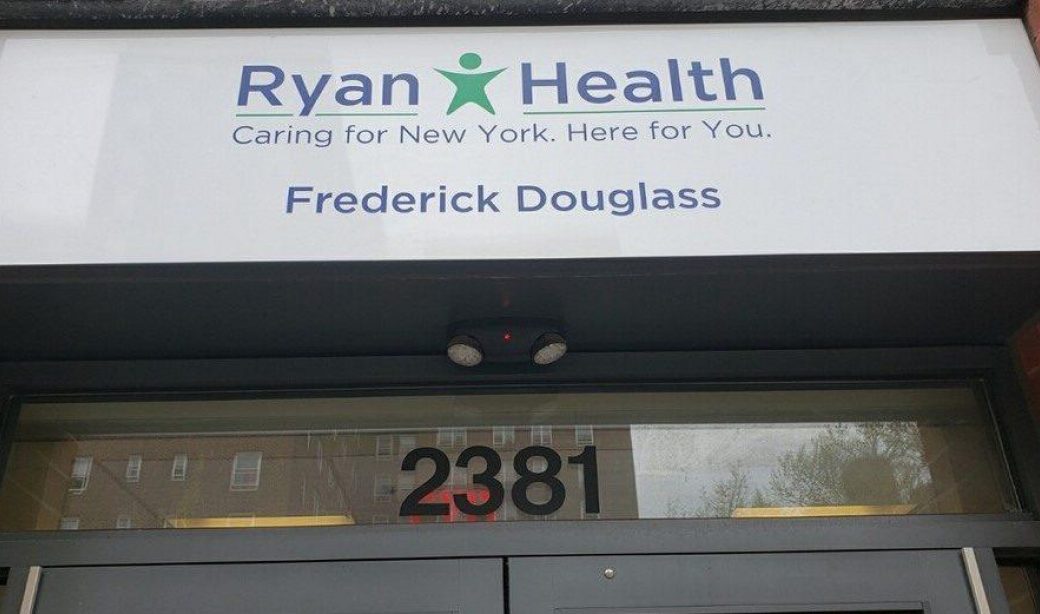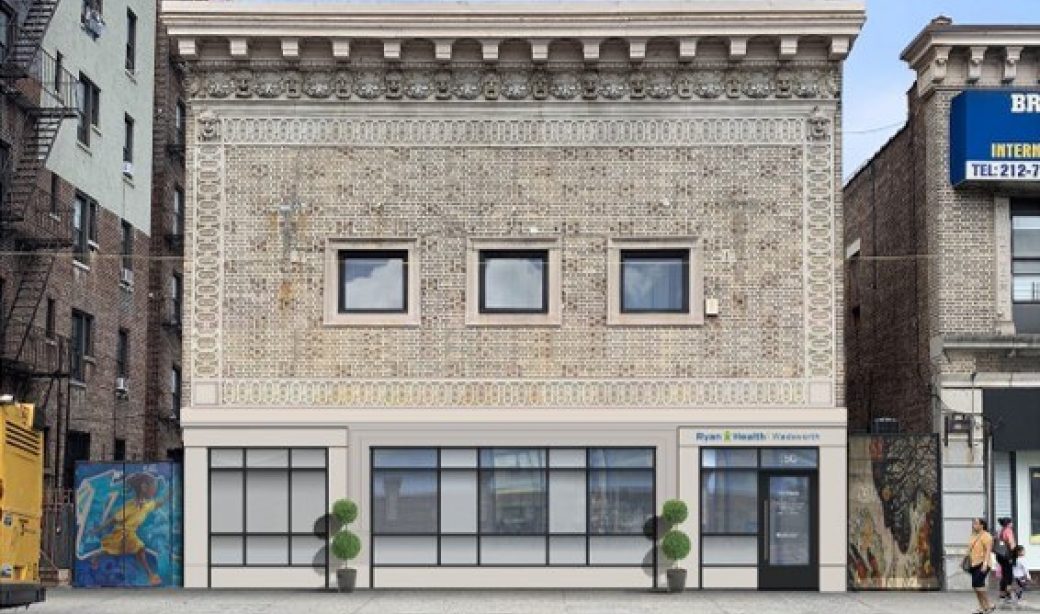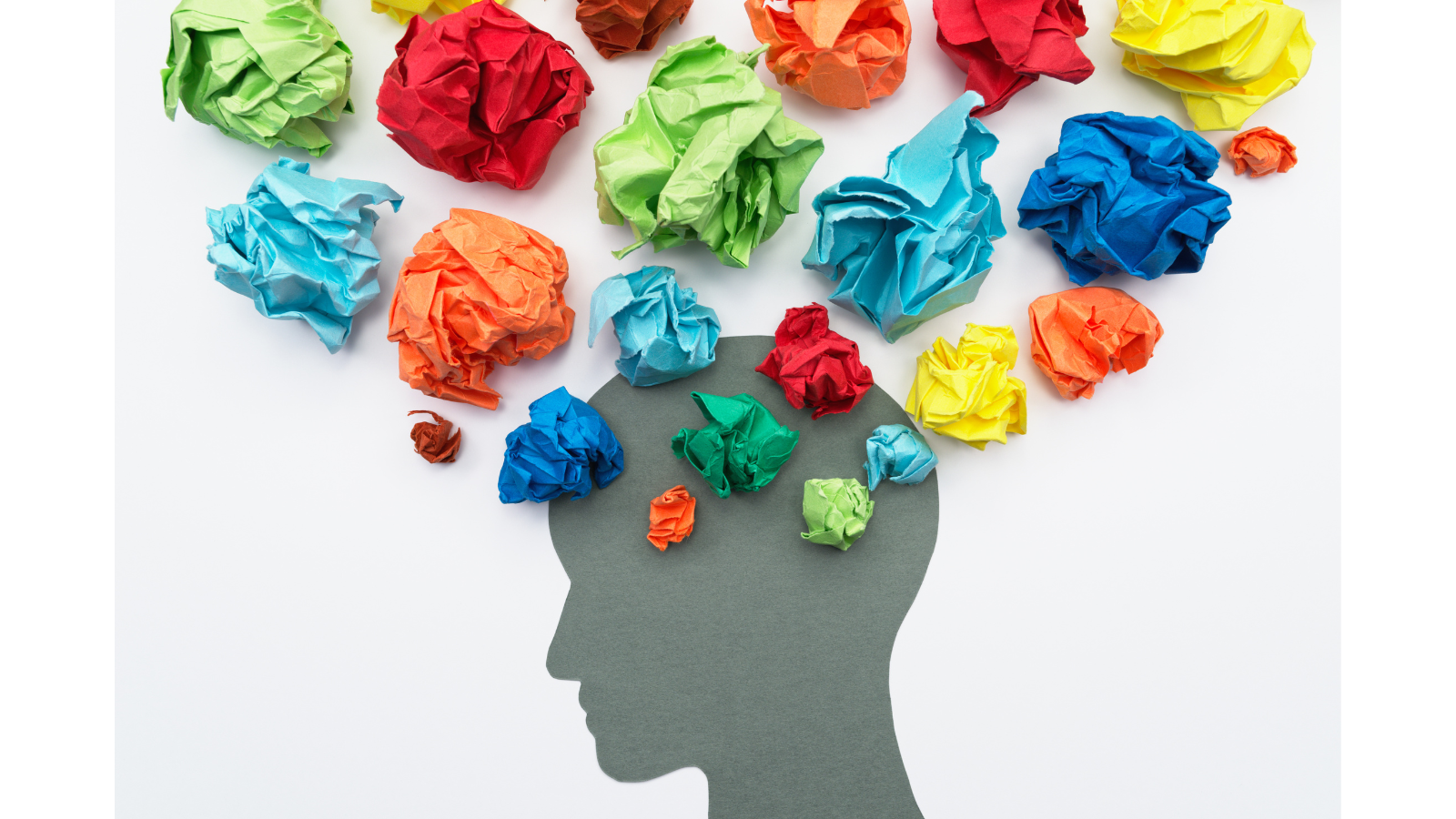
Pride Month is a time for the
LGBTQ+ community to celebrate. But studies show that LGBTQ+ people are at a
higher risk of experiencing some mental health conditions, especially
depression and anxiety disorders.
The National Alliance on Mental Illness (NAMI) reports that “LGBTQ+ adults are more than twice as likely as heterosexual adults to experience a mental health condition. Transgender individuals are nearly four times as likely as cisgender individuals to experience a mental health condition.”
“Covid caused a spike in the need for mental
health assistance. And whatever is happening out there is magnified in the
LGBTQ+ community,” says Celine Rodriguez, a Licensed Clinical Social Worker
(LCSW) with the Ryan Health | Emotional Wellness Center. “We’ve definitely seen
more people asking for help.”
Anxiety, depression, and post-traumatic stress
disorder (PTSD) are common reasons for mental health care. But for the LGBTQ+
community, issues of gender and sexuality also play a part.
“Coming out is still a big issue, particularly
for young people. The suicide rate for them is so high,” Rodriguez says. “But
gay elders have also been very isolated and may be facing discrimination in
housing or other services. They may feel the need to re-closet themselves. Or
transitioning transgender individuals may need some help adjusting to their
circumstances.”
Rodriguez says that there is still a stigma in
asking for mental health help, especially for Black, Brown, and LGBTQ+ people,
but there shouldn’t be. “If people are accessing care, they need to see people
who look like them and support them. They need to feel safe.”
Other barriers to care for the LGBTQ+ community
mirror that of the general population. Access to insurance, homelessness,
racism, and discrimination still plays a part in the care someone receives.
The Ryan Health | Emotional Wellness Center
provides long-term mental health treatment. You don’t need a referral for
treatment at the Emotional Wellness Center, and you can walk in off the street
if you think you need help. Ryan Health’s Behavioral Health Integration
department focuses on short-term treatment in the primary care setting and
requires your primary care provider to connect you to a Behavioral Health
Integration specialist.
“The Emotional Wellness Center provides
traditional long-term treatment, such as psychotherapy,” Rodriguez says. “We
have psychiatrists on staff. It takes time to talk about trauma and manage it.”
Staff at the Emotional Wellness Center also
work with and refer patients to other nonprofits that can assist with specific
needs, such as The Trevor Project for LGBTQ+ youth or SAGE for LGBTQ+ seniors.
“The pandemic made things much worse for so
many people,” Rodriguez says. “Mental health has always been an afterthought,
but the pandemic put it in the spotlight.”
